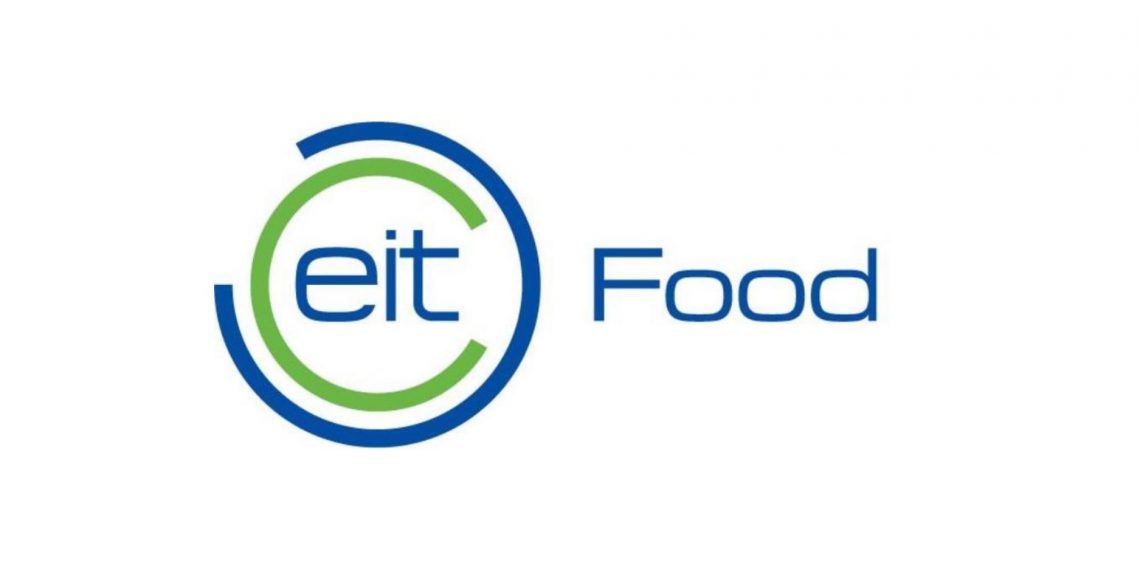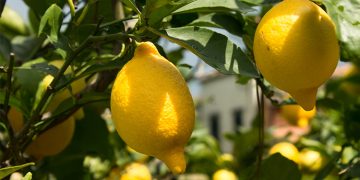EIT Food has launched a new policy brief on protein diversification, presenting a series of policy recommendations aimed at accelerating progress towards a transformative shift in how we produce and consume protein. EIT Food is supported by the European Institute of Innovation and Technology (EIT), a body of the European Union.
‘Accelerating Protein Diversification for Europe’ has been developed by the EIT Food Protein Diversification Think Tank in consultation with experts and stakeholders across the sector.
After a year of in-depth reflection, consultations, stakeholder discussions, and expert interviews, the paper puts forward a series of recommendations to EU decision makers, that protein diversification should be a cornerstone of future food strategies in order to feed a growing population while mitigating the adverse impacts of food production on the environment and human health.
The findings have been launched at the Future of Food conference, taking place on October 26 in Brussels. Hosted by EIT Food, this event brings together the largest food community in the world to inspire lawmakers by sharing evidence-based insights, business cases, and concrete recommendations on how we can make change happen to transform our food systems.
Protein production and consumption are at the heart of many of the pressing issues with Europe’s food system, from nutrition and public health, to agricultural emissions and food security concerns. Innovative policymaking is one of the keys to unlocking protein diversification. This can enable Europe to transition from a strong dependence on resource-intensive animal-based proteins to a mix of sustainable protein sources, including plant-based, cultivated, precision fermented, algae-based and insect-based alternative protein sources.
Policy recommendations
The paper presents a comprehensive set of recommendations, advocating for a systems thinking approach and acknowledging the importance of engaging with the entire food system. Here is an overview of the recommendations:
- Systems thinking: Success in diversifying protein is impacted by many factors and it must be seen as part of a complex and dynamic food system. Systems solutions will require collaboration across the entire food value chain to achieve widespread adoption and inter/trans-disciplinary research.
- Enabling policy environments: EU-level future policies, starting with the EU Protein Strategy, must foster the evolution of alternative protein sources.
- Regulation: To achieve the full economic, environmental, and societal benefits of protein diversification and to establish itself as a global leader in this space, the EU must assess how its various regulatory frameworks are either hindering or enabling innovation.
- Farming: Farmers remain essential in providing the key ingredients for alternative proteins. Beyond being part of dialogues and transition planning, farmers should be awarded substantial support by governments in research, development, and de-risking investments.
- Research, development, and innovation (RDI): Protein diversification must be sufficiently funded by governments, as public financing can drive long-term RDI into societal topics such as environmental sustainability and can mitigate risks for private investors.
- Going to market: We must also consider the broader food environments within which these alternatives exist. This includes considerations around availability, affordability, and cultural preferences, and necessitates a wide range of policy measures from information to competitive pricing.
- Education and training: The food industry and sector require a larger workforce, and to continuously attract and retain talent, comprehensive education, capacity building and training programmes are needed, covering a wide range of disciplines and sectors.
The EIT Food Protein Diversification Think Tank will continue to engage stakeholders in a structured discussion to examine the existing gaps, barriers, and opportunities, and will co-create evidence-based roadmaps, including recommended actions and policies for protein diversification to drive food system transformation.




















